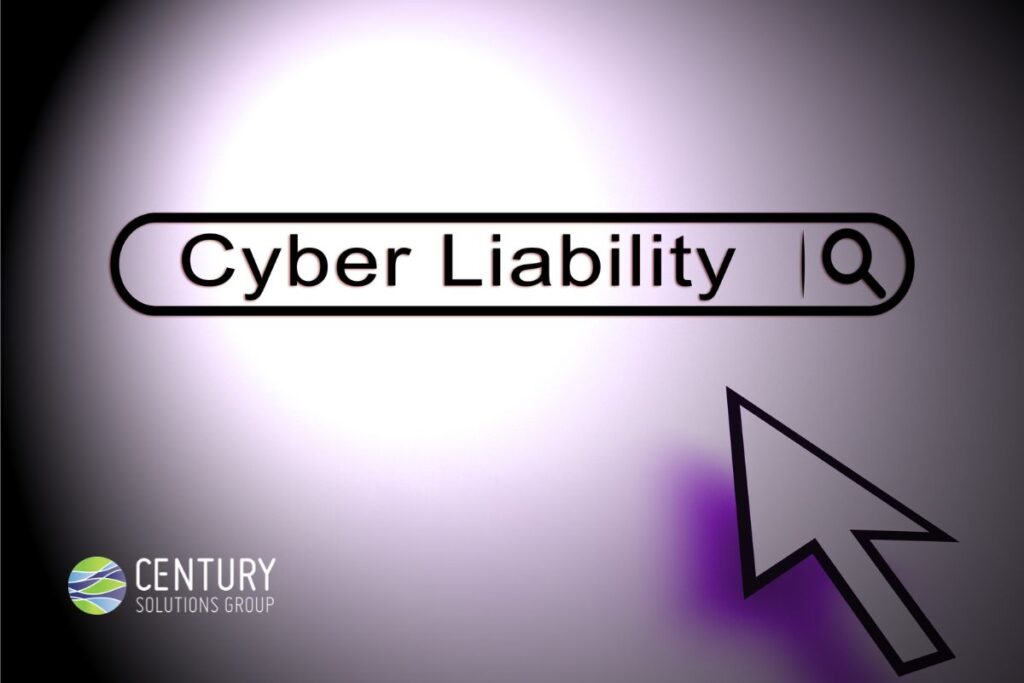In today’s rapidly evolving digital landscape, businesses face increasing pressure to enhance their cybersecurity measures. Regulatory compliance in cybersecurity is becoming more stringent, and Cyber Liability Insurance Requirements are more demanding. As a result, many firms are not only upping their cybersecurity game but also re-evaluating their IT providers to find more cost-efficient solutions.
The Rising Importance of Cybersecurity Compliance
Cyber threats are on the rise, and so are the regulations designed to combat them. Industries across the board—from healthcare to finance—must adhere to strict data protection regulations to protect sensitive data. Regulatory bodies are implementing more rigorous standards to ensure that businesses maintain robust cybersecurity protocols. Non-compliance can result in hefty fines, legal repercussions, and significant reputational damage.
Cyber Liability Insurance: The New Benchmark
Cyber Liability Insurance Requirements have become a critical component for businesses aiming to safeguard against the financial fallout of cyber incidents. However, obtaining this insurance is no longer as straightforward as it once was. Insurance providers now require businesses to demonstrate comprehensive cybersecurity measures before issuing or renewing policies. This shift is driven by the increasing frequency and severity of cyberattacks, which have led to substantial payouts from insurers.
Key Compliance Requirements for Cyber Liability Insurance
To qualify for cyber liability insurance, businesses must meet several key compliance requirements, including:
- Robust Data Protection Measures: Implementing encryption, access controls, and regular data backups.
- Employee Training Programs: Conducting regular cybersecurity training to ensure employees recognize and respond to threats effectively.
- Incident Response Plans: Developing and testing detailed plans to respond to and recover from cyber incidents.
- Regular Security Audits: Performing continuous monitoring and regular audits to identify and mitigate vulnerabilities.
- Adherence to Industry Standards: Complying with industry-specific regulations, such as HIPAA for healthcare or PCI-DSS for payment card industries.
Cyber Insurance Qualification and Cyber Risk Management
Meeting Cyber Insurance Qualification standards involves more than just implementing security measures; it requires a holistic approach to Cyber Risk Management. This includes conducting thorough Cybersecurity Risk Assessments to identify potential threats and vulnerabilities. Proactively managing these risks can significantly improve a company’s chances of qualifying for insurance and securing favorable terms.
Businesses Switching IT Providers for Cost Efficiency
As businesses strive to meet these stringent compliance requirements, many are finding that their current IT providers are not up to the task. High costs, outdated technology, and inadequate cybersecurity expertise are prompting businesses to switch IT providers in search of more cost-efficient and effective solutions.
Finding the Right IT Provider
Selecting the right IT provider is crucial for businesses aiming to enhance their cybersecurity posture while managing costs. Here’s what to look for in a new provider:
- Expertise in Cybersecurity Standards for Insurance: Choose a provider with a proven track record in implementing and managing advanced cybersecurity measures.
- Cost Efficiency: Look for a provider that offers scalable solutions tailored to your budget and needs.
- Compliance Knowledge: Ensure the provider understands and can help you meet industry-specific compliance requirements.
- Proactive Support: Opt for a provider that offers proactive monitoring, regular updates, and swift incident response.
The Benefits of Switching to a Managed IT Service Provider
Many businesses are turning to Managed IT Service Providers (MSPs) to fulfill their cybersecurity needs and compliance requirements. MSPs offer a range of benefits, including:
- Comprehensive Security Solutions: MSPs provide end-to-end cybersecurity solutions, from threat detection to incident response.
- Cost Savings: By outsourcing IT services, businesses can reduce overhead costs and avoid the expense of maintaining an in-house IT team.
- Expertise and Experience: MSPs bring specialized knowledge and experience in managing cybersecurity and compliance for various industries.
- Scalability: MSPs offer scalable solutions that grow with your business, ensuring continuous protection as your needs evolve.
Conclusion
In an era where cyber threats are more prevalent than ever, meeting Cyber Liability Insurance Requirements is essential for businesses. Enhancing cybersecurity measures and switching to more cost-efficient IT providers are strategic moves that can protect your business from potential financial and reputational damage. By partnering with a Managed IT Service Provider, you can ensure robust cybersecurity, meet compliance requirements, and secure the necessary cyber liability insurance to safeguard your business’s future.
Ready to elevate your cybersecurity and meet compliance requirements? Contact us today to learn how our tailored IT solutions can support your business in Atlanta, GA, and beyond.

